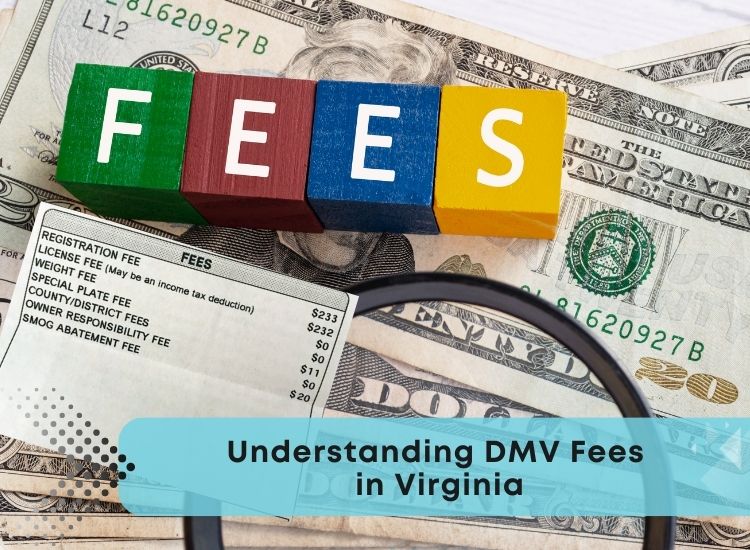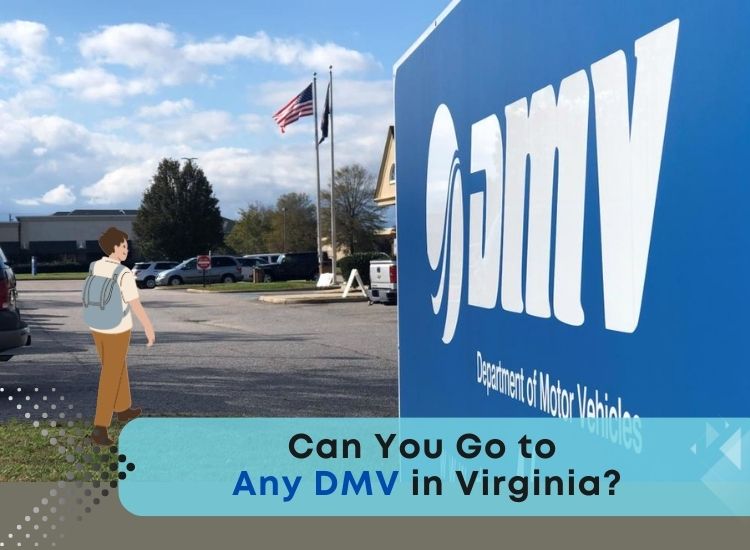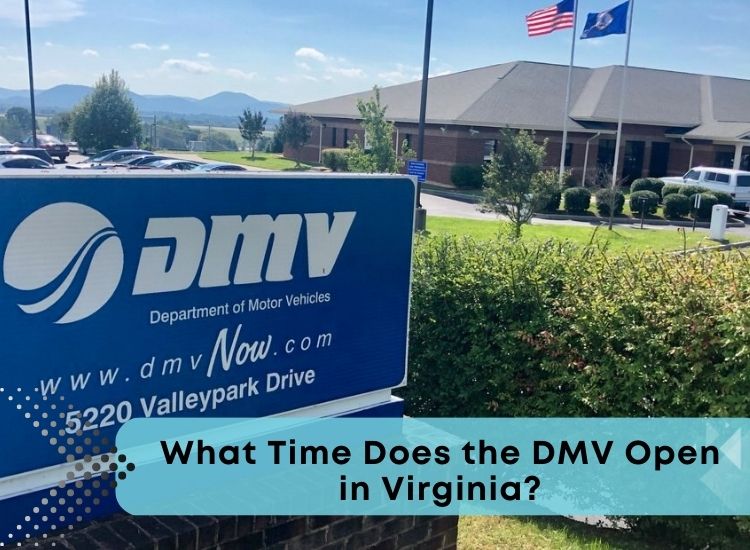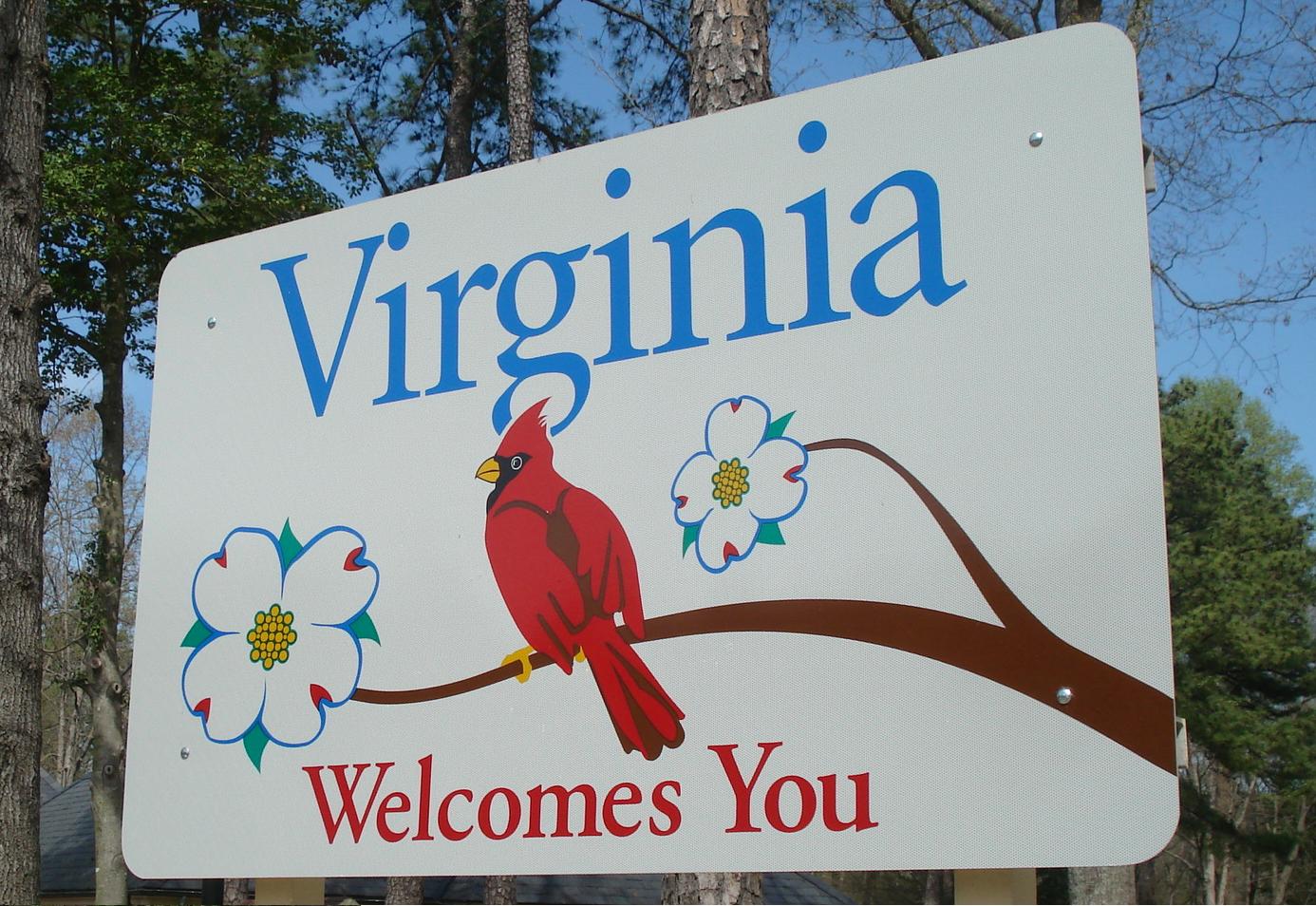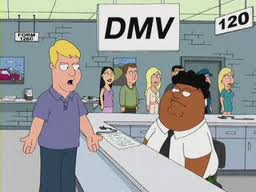Understanding DMV Fees in Virginia
Have you ever wondered why there are various fees associated with the Department of Motor Vehicles (DMV) in Virginia? Understanding these fees is essential for every driver and vehicle owner in the state. Whether you are registering a new vehicle, renewing your license plates, or obtaining a driver’s license, it’s crucial to have a clear understanding of the fees involved to ensure a smooth and hassle-free process. In this article, we will break down the different types of DMV fees in Virginia and provide valuable insights into their significance.
Types of DMV Fees
Vehicle Registration Fees
When it comes to registering a vehicle in Virginia, there are specific fees to consider. The vehicle registration fee is based on various factors, including the vehicle’s weight, type, and intended use. Additionally, the locality in which you reside may also affect the registration fees. It’s important to understand how these fees are calculated to avoid any surprises when registering your vehicle.
License Plate Fees
License plates not only serve as identification for your vehicle but also come with associated fees. In Virginia, there are different types of license plates available, such as standard plates, personalized plates, and special design plates. Each type has its own fee structure, and it’s important to understand the costs associated with your preferred license plate option.
How to Return Plates to DMV VA
Driver’s License Fees
Obtaining or renewing a driver’s license also incurs certain fees. The DMV fees in Virginia may vary depending on factors such as the type of license you are applying for, whether it’s a new license or a renewal, and any additional endorsements or classes you may need. It’s essential to be aware of these fees and budget accordingly when dealing with your driver’s license.
Additional DMV Fees
In addition to the basic registration, license plate, and driver’s license fees, there are other miscellaneous fees you may encounter at the DMV in Virginia.
Title Transfer Fees
If you are buying or selling a vehicle, transferring the title incurs certain fees. These fees cover the administrative costs associated with transferring ownership and updating the necessary documentation. It’s important to understand the fee structure and any circumstances that may affect the title transfer fees.
Vehicle Inspection Fees
In Virginia, vehicle inspections are required to ensure roadworthiness and safety. There are fees associated with these inspections, which typically cover the cost of the inspection itself. It’s crucial to know the frequency of inspections and the specific requirements to avoid any penalties or delays.
Other Miscellaneous Fees
The DMV may have other miscellaneous fees depending on the situation. These fees could include reinstatement fees for individuals who have had their driving privileges suspended, as well as late payment penalties for overdue fees. It’s important to stay informed about these potential fees to avoid any unexpected charges.
Methods of Payment
When it comes to paying DMV fees in Virginia, there are various methods available to make the process convenient for drivers and vehicle owners.
Online Payment Options
Many DMV services in Virginia can be accessed and paid for online. This allows you to make payments from the comfort of your own home or office. Online payment options may include credit or debit card payments, electronic fund transfers, or other secure online payment systems. The online process is typically straightforward and user-friendly.
In-Person Payment Options
For those who prefer to handle their DMV transactions in person, visiting a local DMV office is an option. In-person payments can be made using various methods, including cash, check, or credit/debit card. It’s important to check the specific payment options available at your local DMV office and come prepared with the necessary payment method.
Accepted Forms of Payment
When making payments at the DMV, it’s crucial to ensure that you are using accepted forms of payment. In Virginia, accepted forms of payment typically include cash, personal checks, money orders, and major credit or debit cards. However, it’s always a good idea to double-check the accepted forms of payment at your local DMV office, as some locations may have specific guidelines or restrictions.
Understanding Exemptions and Waivers
While DMV fees in Virginia are applicable to most individuals, there are certain exemptions and waivers available for specific circumstances.
Exemptions for Military Personnel
Active-duty military personnel may be eligible for fee exemptions for certain DMV services. These exemptions recognize the unique circumstances and sacrifices of military personnel and aim to provide them with financial relief. It’s important for military personnel to understand the eligibility criteria and the specific services for which exemptions apply.
Waivers for Low-Income Individuals
Virginia offers fee waivers for low-income individuals who may be unable to afford certain DMV fees. These waivers take into account the individual’s income level and provide assistance for essential services. Eligibility requirements and application processes vary, so it’s important to research and understand the waiver programs available.
Other Special Circumstances
There may be additional exemptions or waivers available for specific circumstances, such as individuals with disabilities or senior citizens. It’s important to inquire with the DMV or conduct research to determine if you qualify for any special exemptions or waivers based on your unique situation.
Consequences of Non-Payment
Failing to pay DMV fees in Virginia on time can have serious consequences. It’s crucial to understand the potential ramifications of non-payment to avoid unnecessary penalties or legal issues.
Non-payment or late payment of fees can result in the suspension of your vehicle registration or driver’s license. This means you may be unable to legally operate your vehicle or face difficulties in obtaining or renewing your driver’s license. Additionally, there may be additional fines or penalties imposed for overdue fees.
To avoid these consequences, it’s essential to stay informed about the due dates for your DMV fees in Virginia and ensure timely payment. Keeping track of deadlines and setting reminders can help you stay on top of your obligations and maintain compliance with the DMV requirements.
Conclusion
Understanding DMV fees in Virginia is crucial for every driver and vehicle owner. By familiarizing yourself with the various types of fees, methods of payment, exemptions, and waivers, you can navigate the DMV processes with confidence.
Remember to research and stay up to date on the current fee structures and any changes implemented by the DMV. Being proactive in managing your DMV fees ensures a smooth and hassle-free experience when registering your vehicle, obtaining or renewing your driver’s license, and handling other DMV-related transactions.
By staying informed and fulfilling your financial obligations, you can maintain your driving privileges, keep your vehicle properly registered, and avoid unnecessary penalties or legal issues.
Frequently Asked Questions (FAQs)
1. Can I pay my DMV fees online?
Yes, Virginia offers online payment options for various DMV services, allowing you to conveniently pay your fees from anywhere with an internet connection.
2. What happens if I don’t pay my DMV fees on time?
Failure to pay DMV fees on time can result in the suspension of your vehicle registration or driver’s license, along with potential fines or penalties.
3. Are there any fee waivers available for low-income individuals?
Yes, Virginia offers fee waivers for low-income individuals who meet specific eligibility criteria. These waivers provide financial assistance for certain DMV services.
4. Can active-duty military personnel receive fee exemptions for DMV services?
Yes, active-duty military personnel may be eligible for fee exemptions for certain DMV services in recognition of their service and sacrifices.
5. How can I transfer a vehicle’s title in Virginia?
To transfer a vehicle’s title in Virginia, you will need to complete the necessary paperwork and pay the associated title transfer fees at your local DMV office.
Resources I Use
Resource 1: Virginia DMV Fee: https://www.dmv.virginia.gov/webdoc/pdf/dmv201.pdf

